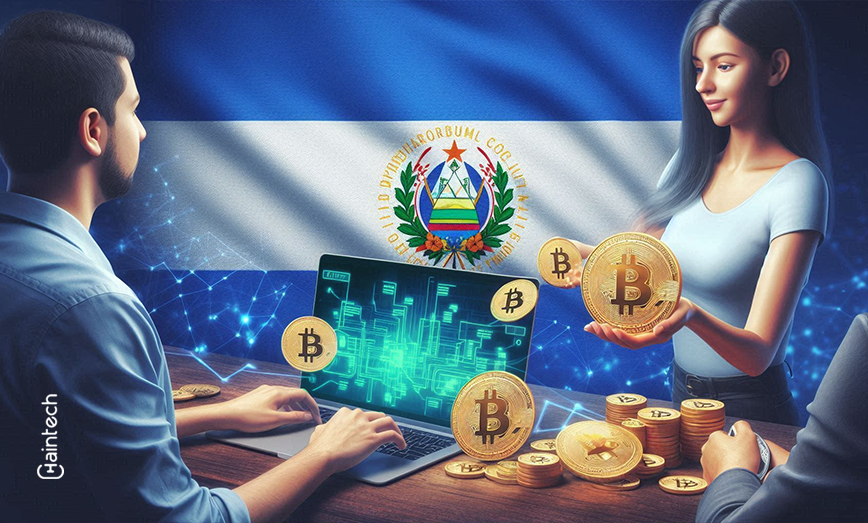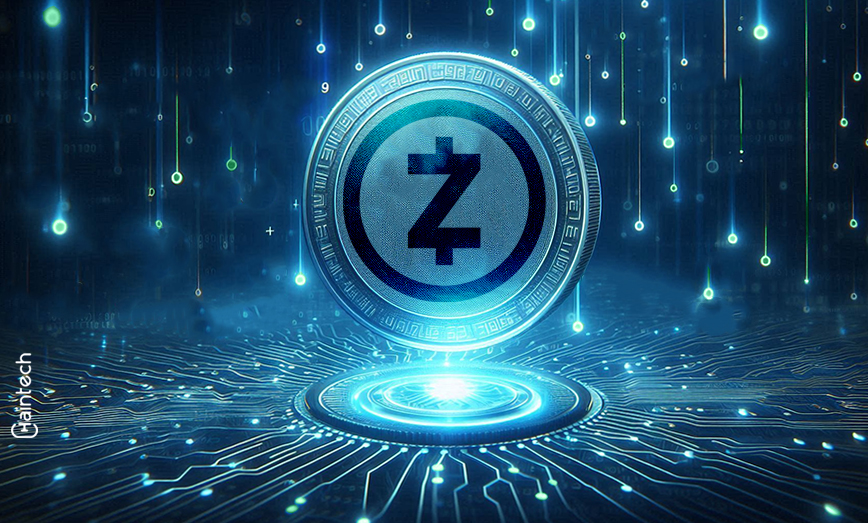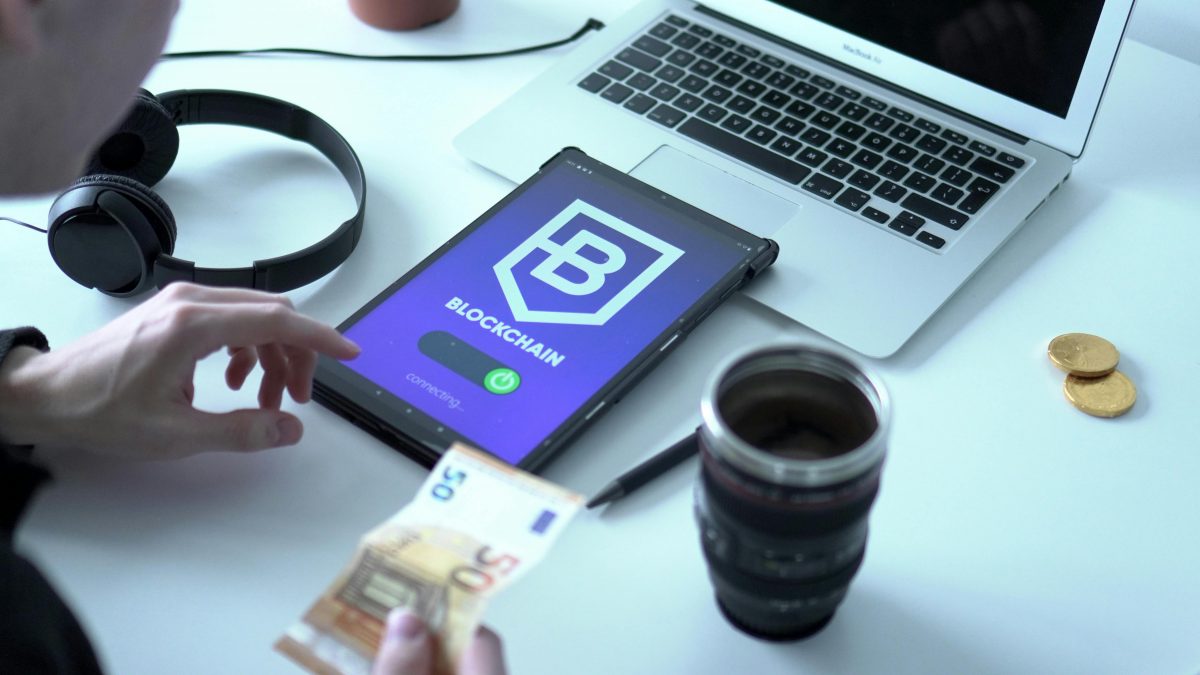El Salvador’s Bitcoin Law

In 2021, El Salvador took a plunge and became the first nation in the world to legalise cryptocurrency. This decision was an isolated impetus to the disuse of the credit sector by promoting the development of new businesses, migration, and remittances.
El Salvador built Chivo Wallet, a digital software that is a virtual bank for the USA, and Bitcoin, which are their country’s official monetary systems. The app possesses a minimum threshold and seamless transactions that render it similar to central bank digital currencies (CBDCs). As we all know, making Bitcoin a legal tender or backing it by a central bank is not feasible, so its value is compared to that of where CBDCs are incorporated.
President Nayib Bukele’s administration, through the Alliance for National Unity, has made significant efforts. These efforts reflect the process aimed at attracting both local and foreign investors. The goal is to encourage donations to residents, companies, and the government.
El Salvador’s decision aligns with the trend of over 100 countries considering digital currencies. These countries aim to enhance financial inclusion and payment efficiency. Bahamians, Jamaicans, and Nigerians are already using digital currencies. However, no one has adopted Bitcoin in the same way as El Salvador. Compared to the three countries’ previous efforts, El Salvador’s strategy is unique.
Let’s examine El Salvador’s case closely.
What is El Salvador’s Bitcoin Law?
On June 9, 2021, El Salvador got huge media coverage for its decision. Which declared it the first country to adopt Bitcoin as legal money. The law of the levee was published in the official newspaper and launched on 7th September 2021. While the effects of this type of globalisation have not been realised, it is still a very important step towards the use of digital currencies on a larger scale.
The immediate effects of this legislation in El Salvador include several key changes:
- Bitcoin can now be used to settle debts without any limitations.
- Businesses can accept Bitcoin as payment for goods and services.
- Taxes can be paid in Bitcoin.
- Any existing obligation denominated in US dollars can be fulfilled with Bitcoin.
- Accounting standards still reference the US dollar, and the government will provide a system for automatic and instant conversion of Bitcoin to US dollars.
As the first domino to fall in the potential global embrace of digital currencies, El Salvador’s bold move sets a precedent that other countries might follow.
Why is El Salvador interested in Bitcoin?
El Salvador’s interest in Bitcoin stems from three main reasons:
1. Increasing Efficiency in International Remittances:
According to the World Bank, almost 20% of El Salvador’s GDP is remittances. Remittances are the mainstay of what Salvadorans get in order to pay bills and get on with life. Nevertheless, money transfers from the United States to El Salvador are fraught with the possibility of being overcharged or fees reaching 30% to 50% of the value of the transfer being charged. Furthermore, physical cash can be a timely and costly activity. Bitcoin can be the key to making this process more efficient, it will be a money-saving decision, but consumers will benefit greatly.
2. Decreasing the percentage of underbanked people:
It is estimated that about 70% of the population of El Salvador does not have a bank account. The technology of Bitcoin can be a helpful tool to bring financial services and facilitate it for many, especially the underbanked, so that they can be a part of the population with access to proper financial services.
3. Reducing Reliance on the US Dollar:
El Salvador advocates for Bitcoin as a store of value for savings with the end of reduced dollars, thereby making it a more stable economy. Through the employment of Bitcoin, the country sees an increase in diversification in its economy.
Risks and Obstacles of El Salvador’s Bitcoin Law
El Salvador’s Bitcoin adoption involves some dangers and challenges. The instability and speculative nature of digital currencies like Bitcoin keep analysts unable to warm up to the idea. The volatility of Bitcoin’s price is a matter of primary concern: in a matter of months, the value of digital currencies tends to fluctuate widely without physical support. Jamie Reusch’s warning that Salvador should adopt the US dollar in order to prevent the currency depreciation, which had occurred after Moody’s downgraded El Salvador after the passage of the Bitcoin law, could be one of the ways that El Salvador copes with the declining exchange rates. Reusch said, “This is definitely the first time we have ever seen anything like this.”
The Salvadorans’ online activities have a way to go as less than half of them use the internet, and many live in poverty. The fact that the country is facing these challenges in protecting and assuring the implementation of the Bitcoin law can only but stress how enormous the problems are that it confronts.
Conclusion
El Salvador pioneered the cryptocurrency sector by legalising Bitcoin. The country has benefited from Bitcoin’s long-term potential due to its rigorous investment. Although Bitcoin adoption as a daily payment method has been modest, the country remains committed to promoting it. As the global cryptocurrency market develops, other nations considering adopting bitcoin will observe El Salvador’s experience.









